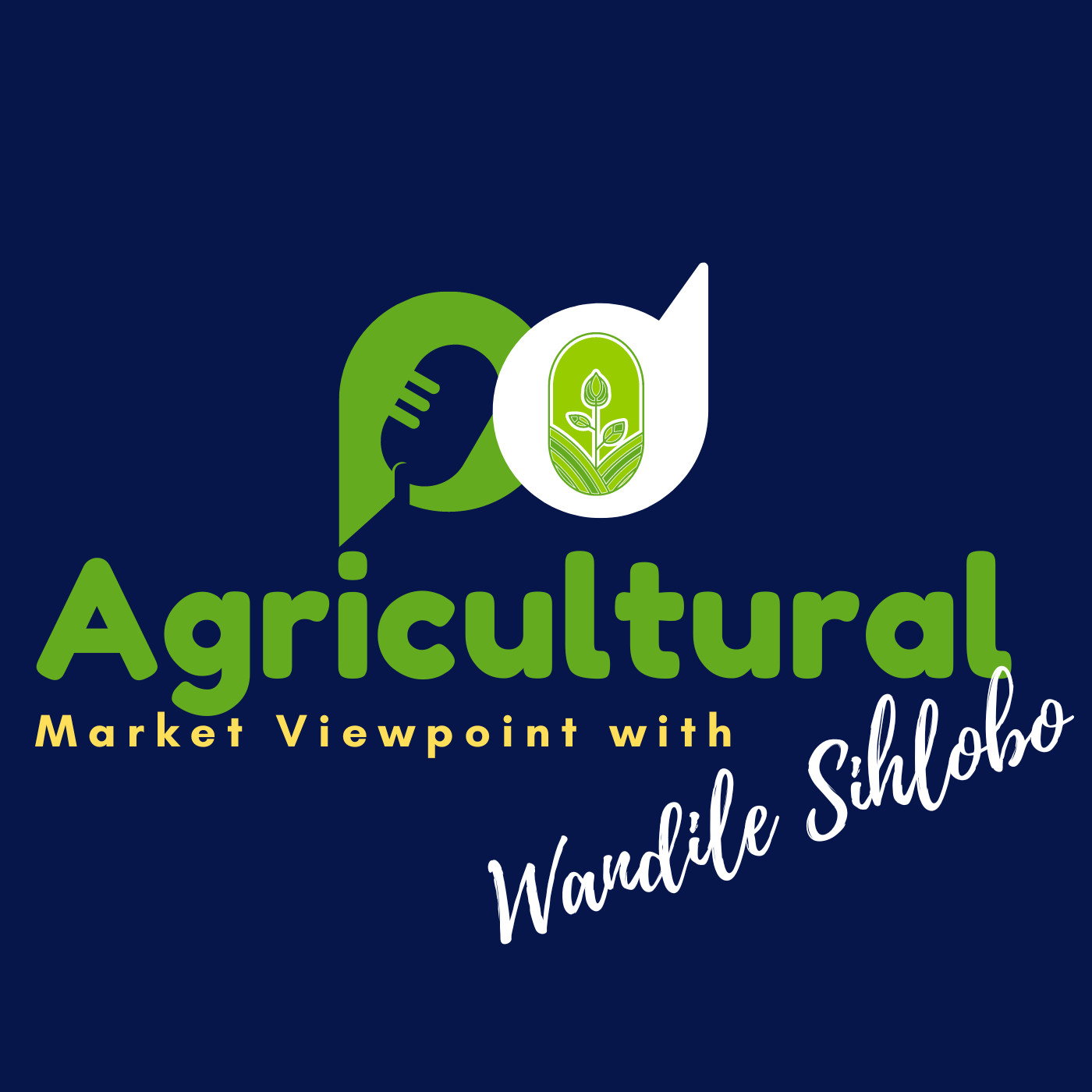Listen "South Africans can take a few more tonnes of Brazilian coffee"
Episode Synopsis
Brazil is a major producer of coffee, accounting for nearly 40% of global coffee production. Other major producers are Vietnam 17%, Colombia 8%, Indonesia 6% and Ethiopia 6%, amongst others.
Brazil is also a major coffee exporter to the U.S. Consequently, the 50% tariffs that will take effect on August 1 will likely cause Americans headaches. Brazil's coffee is inescapable due to its significance in global coffee production.
Coffee prices have been relatively high since the start of the year due to unfavourable weather conditions in Vietnam and Brazil, which have weighed on global supplies. The U.S. tariffs will pose a challenge for American consumers.
We are watching the impact of all this on the global coffee prices, which have surged recently on the back of the U.S. tariffs and the preexisting challenges of unfavourable production conditions in South America.
As South Africa, we import coffee, and Brazil can surely have room to increase supplies to South Africa. I know our domestic tea and coffee producers won't like me saying this. But hey, we have a decent demand for coffee (just like we do with other "substantive beverages” like whiskies, where we spend over US$300 million on imports annually).
Anyways, if one looks at South Africa's coffee imports by volume, we imported, on average, about 23,921 tonnes per annum in the past five years. Brazil and Vietnam accounted for 54% of South Africa's coffee imports. Other suppliers of coffee to South Africa include Uganda (8% of SA's imports), Tanzania (7%), Colombia (4%), Guatemala (4%), Ethiopia (3%), and Honduras (3%).
So, if Brazil can offer competitively priced, high-quality products, it can take a market share from the likes of Vietnam and many African suppliers. The South African consumer is not asking for much – just high quality and a better price.
In these times of export diversification, while South Africa is a small importer, it certainly can take a few more tonnes of coffee imports from Brazil.
Listen to the podcast for more insights.
Richard Humphries and Sam Mkokeli produce this podcast.
Wandile Sihlobo is the chief economist of the Agricultural Business Chamber of South Africa. Wandile Sihlobo website
Brazil is also a major coffee exporter to the U.S. Consequently, the 50% tariffs that will take effect on August 1 will likely cause Americans headaches. Brazil's coffee is inescapable due to its significance in global coffee production.
Coffee prices have been relatively high since the start of the year due to unfavourable weather conditions in Vietnam and Brazil, which have weighed on global supplies. The U.S. tariffs will pose a challenge for American consumers.
We are watching the impact of all this on the global coffee prices, which have surged recently on the back of the U.S. tariffs and the preexisting challenges of unfavourable production conditions in South America.
As South Africa, we import coffee, and Brazil can surely have room to increase supplies to South Africa. I know our domestic tea and coffee producers won't like me saying this. But hey, we have a decent demand for coffee (just like we do with other "substantive beverages” like whiskies, where we spend over US$300 million on imports annually).
Anyways, if one looks at South Africa's coffee imports by volume, we imported, on average, about 23,921 tonnes per annum in the past five years. Brazil and Vietnam accounted for 54% of South Africa's coffee imports. Other suppliers of coffee to South Africa include Uganda (8% of SA's imports), Tanzania (7%), Colombia (4%), Guatemala (4%), Ethiopia (3%), and Honduras (3%).
So, if Brazil can offer competitively priced, high-quality products, it can take a market share from the likes of Vietnam and many African suppliers. The South African consumer is not asking for much – just high quality and a better price.
In these times of export diversification, while South Africa is a small importer, it certainly can take a few more tonnes of coffee imports from Brazil.
Listen to the podcast for more insights.
Richard Humphries and Sam Mkokeli produce this podcast.
Wandile Sihlobo is the chief economist of the Agricultural Business Chamber of South Africa. Wandile Sihlobo website
More episodes of the podcast Agricultural Market Viewpoint with Wandile Sihlobo
South Africa's maize exports to Zimbabwe continue, as the import ban seems to have been eased
13/10/2025
Kenya's maize production has recovered
27/09/2025
South Africa's food price inflation eases
17/09/2025
South African farmers will start planting summer crops in October, and the outlook is encouraging
16/09/2025
Zimbabwe bans maize imports
01/09/2025
 ZARZA We are Zarza, the prestigious firm behind major projects in information technology.
ZARZA We are Zarza, the prestigious firm behind major projects in information technology.
